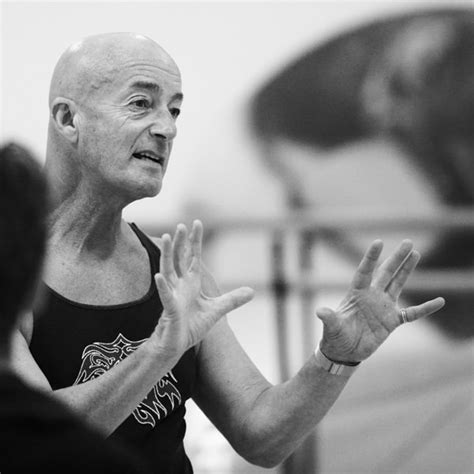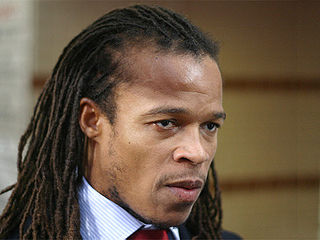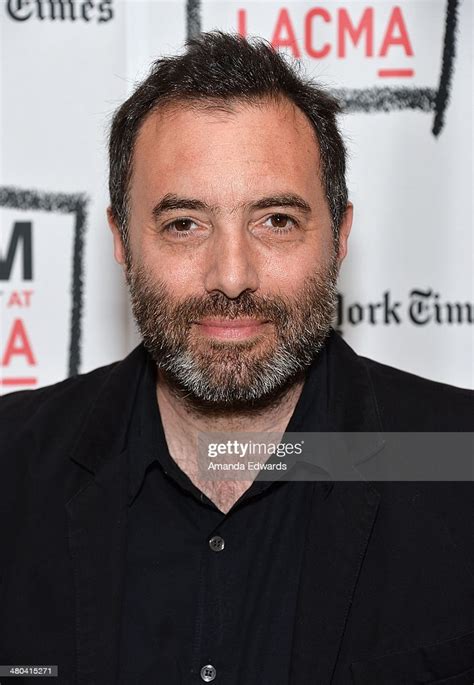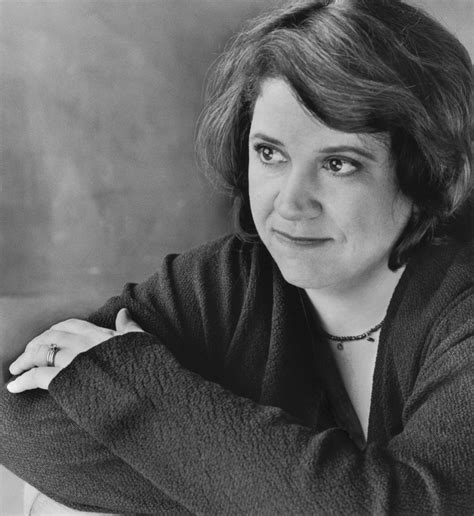A Quote by Graeme Murphy
It's the emotional trigger points that are important to me because I know if I could believe in the characters and try and imagine how they felt then I'd be able to do something quite honest.
Related Quotes
I think people are a mixture of everything. I like desperate characters because they do things that most of us normally wouldn't do. If a character is a scoundrel or a liar you think you know them, but then I can bring some emotion to them and they become much fuller than you ever imagined. So what I try to do is have a story where you don't quite know where it's going, and characters who you don't quite know where they're going.
I don't know who they are[my characters] . They're entirely invented characters. Maybe that's how I've been able to write so many books, because there are no boundaries for me. I can write a completely fantastical story like "Swept Away" or "Blinded by the Light" and then a non-comic drama like "Chicxulub" or something like "Birnam Wood" that has autobiographical underpinnings. Why not?
I like the strings. I always have. Because that's how it feels. But the strings make pain seem more fatal than it is, I think. We're not as frail as the strings would make us believe. And I like the grass, too. The grass got me to you, helped me to imagine you as an actual person. But we're not different sprouts from the same plant. I can't be you. You can't be me. You can imagine another well – but never quite perfectly, you know?
I said, "Well, why do you believe in the Klein Bottle?" He said, "Because I can imagine it." I said, "You don't have to imagine a Mobius strip. It's right there in front of you!" But [Buckminster Fuller] couldn't see how that could involve a cross cap, meaning something that couldn't be reduced to a two-dimensional surface. Which it does. It's because he was thinking that the matrix was the thing that a fly could walk over the edge of, like a torus.
For so long, it was just my secret. It burned inside me, and I felt like I was carrying something important, something that made me who I was and made me different from everybody else. I took it with me everywhere, and there was never a moment when I wasn't aware of it. It was like I was totally awake, like I could feel every nerve ending in my body. Sometimes my skin would almost hurt from the force of it, that's how strong it was. Like my whole body was buzzing or something. I felt almost, I don't know, noble, like a medieval knight or something, carrying this secret love around with me.
I think men under pressure - I mean, that's what brings out the worst and the best of us. I like to explore that quite a bit in my characters because I don't see a lot of it on the screen that moved me like the films that I grew up with - that are honest, at least, about honest emotions and honest heroism.
We're nothing if we're not loved. When you meet somebody who is more important to you than yourself, that has to be the most important thing in life, really. And I think we are all striving for it in different ways. I also believe very, very strongly that everybody is the hero/heroine of his/her own life. I try to make my characters kind of ordinary, somebody that anybody could be. Because we've all had loves, perhaps love and loss, people can relate to my characters
He stepped colser. Looked deep into my eyes. Hesitated a millisecond, and then dove in. "I think I'm falling in love with you." Oh. No. "Cole--" "I know how you feel. About me. About him. I just wanted you to know-we could be good together. We could have a life. Kids. Vacations. On Sunday mornings I could serve you breakfast in bed." He gave me his I-know-you-find-me-irrestible grin. "And then I could make you something to eat.
We live and breathe words. .... It was books that made me feel that perhaps I was not completely alone. They could be honest with me, and I with them. Reading your words, what you wrote, how you were lonely sometimes and afraid, but always brave; the way you saw the world, its colors and textures and sounds, I felt-I felt the way you thought, hoped, felt, dreamt. I felt I was dreaming and thinking and feeling with you. I dreamed what you dreamed, wanted what you wanted-and then I realized that truly I just wanted you







































